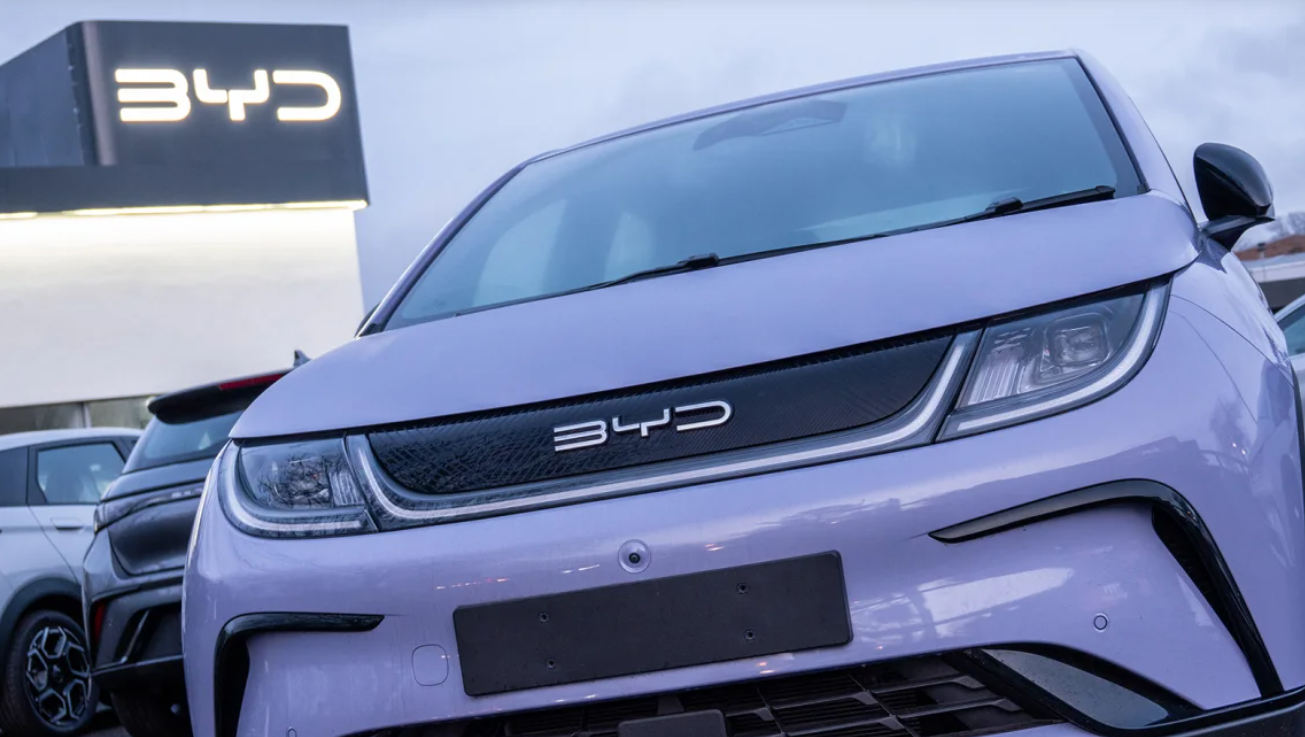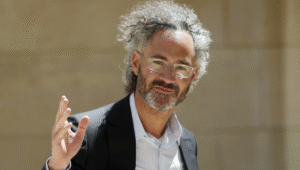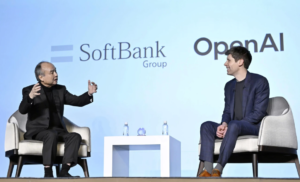China’s electric vehicle (EV) giant, BYD, has surpassed Tesla in annual sales, recording revenues of 777 billion yuan ($107 billion) for 2024. The company’s sales surged by 29% compared to the previous year, with a total of 4.27 million vehicles delivered, including both fully electric and hybrid models.
In contrast, Tesla reported 2024 revenues of $97.7 billion, delivering 1.79 million fully electric vehicles. This marked the first decline in Tesla’s annual deliveries, which dropped by 1.1% last year.
In its most recent annual report, BYD CEO Wang Chuanfu described the company’s performance as showing “rapid development” over the past year. He stated, “BYD has become a leader in multiple sectors, from batteries and electronics to new energy vehicles, breaking the hold of foreign brands and reshaping the global market landscape.”
BYD has progressively emerged as a strong competitor to Tesla, which was once the dominant player in the electric vehicle industry.
Last week, BYD introduced a cutting-edge ultra-fast charging system that it claims can add 250 miles of range in just five minutes, surpassing Tesla’s charging technology. In comparison, Tesla’s Superchargers take 15 minutes to charge and provide 200 miles of range.
Additionally, BYD rolled out an advanced driver-assistance system for most of its vehicles last month, offering the upgrade at no additional cost. Analysts noted that this free upgrade of BYD’s proprietary “God’s Eye” system is putting increased pressure on Tesla and other Chinese EV manufacturers. On the other hand, Tesla’s Full Self-Driving (FSD) service in the U.S. is available via a $99 monthly subscription or a one-time payment of $8,000.
“Tesla may eventually need to lower the price of its FSD in China,” said Seth Goldstein, an analyst at Morningstar, in a research note on Monday.
Tesla has struggled to keep up with BYD, especially in China, where its FSD service remains stalled as it awaits regulatory approval. Tesla is targeting a full rollout of FSD in China this year. Last week, it began offering limited free FSD trials in China, but by Monday, the trials were halted. Tesla’s customer support on Weibo, a Chinese social media platform, stated that they are working to secure the necessary regulatory approvals for FSD.
Tesla’s customer support team stated that all relevant parties are working to move the process forward, and updates will be rolled out as soon as everything is ready. This statement was made in response to a post by Tesla vice president Grace Tao, whose account was overwhelmed with user complaints after the abrupt suspension of the FSD trial.
Chinese electric vehicles (EVs) face significant barriers in the U.S. market due to tariffs. However, BYD remains the dominant force in China, the world’s largest car market.
In 2024, BYD captured a 32% share of China’s new energy vehicle market, which includes hybrids. In comparison, Tesla held only 6.1% of the market, despite reaching a record high in shipments, according to the China Passenger Car Association.
Tesla is also facing challenges in Europe, where its sales dropped for the second consecutive month in February. The company sold approximately 40% fewer vehicles in Europe compared to February 2024, as reported by the European Automobile Manufacturers’ Association.














